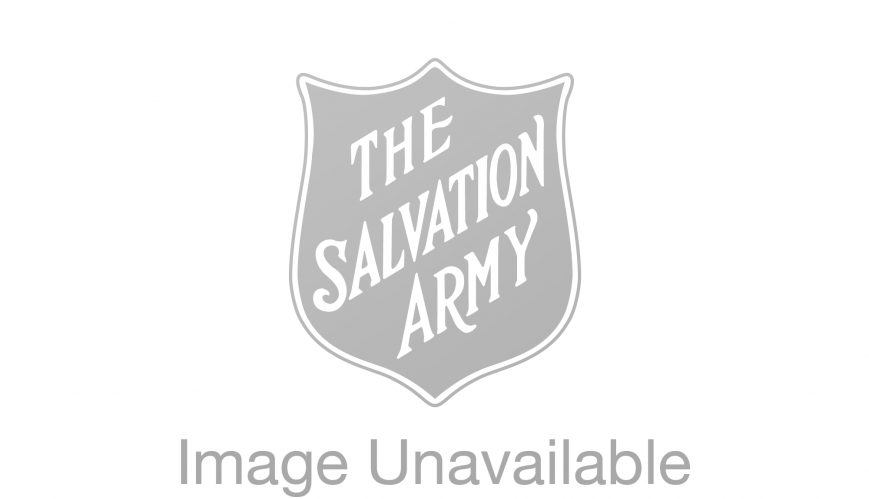A reconciliation plan with action
.jpg)
A reconciliation plan with action
22 March 2021
The Salvation Army launched its Reconciliation Action Plan in 2020 (stock image).
The Salvation Army has played an important role in the life of many Aboriginal people in the past. Today, through the Reconciliation Action Plan, launched in December 2020, we again see the Army taking positive action that is bridging the gap, creating strong, meaningful links, and becoming change agents for our nation.
Through many experiences with The Salvation Army, Aboriginal people have a strong feeling and a strong sense that together we can create a strong relationship. There needs to be a huge shift in attitudes toward First Nations people, not just in words but in actions that speak volumes to our people.
As much as we don’t want to sound political, we need to keep the pressure on government, because many of its policies still tend to keep Aboriginal people down that road where there seems to be no hope for positive outcomes.
My experience as an Aboriginal Salvationist of more than 60 years is a product of faithful Salvation Army ministry to our people on a reserve called ‘The Flats’ at Deniliquin in southern NSW. During my time on the reserve, many Aboriginal people were encouraged to voice their concerns to the Salvos, who connected the social with the spiritual.
Self-determination and self-management became a reality, and many of our mob became free of the stigma that surrounded Aboriginal communities at that time. Many officers who were appointed to Deniliquin continued the ministry that became the catalyst for positive change, and the influence on that reserve goes down in history as a landmark. Some of us went into management roles throughout Victoria and NSW, working with Aboriginal organisations and state governments.
The Salvation Army has since expanded its ministry to Aboriginal people right across our country, and many of these positive stories need to be told. Storytelling is part of our heritage. The Salvation Army Aboriginal and Torres Strait Islander Advisory Council is wanting the Salvos to be proactive in assisting with our history through stories, music, films and other ways of securing the history before it is lost.
Yes, we can feel proud of that achievement when reflecting on our history, and that’s why we feel very strongly about some of the changes required today. We want people to understand and own our history – the good, the bad and the not-so-good.
I want to encourage those reading this to consider reaching out to Indigenous peoples to engage in a crossflow of information and be open to learn about our heritage and how we can journey together. This is not ‘rocket science’, only a willingness is required, and the result will be changed attitudes.
Across our nation there are many organisations and Indigenous people who would be pleased to share a yarn that brings us together. Also, our Elders have much wisdom they want to bring to The Salvation Army Reconciliation Action Plan.
To quote part of what Salvation Army Founder General William Booth meant when he spoke about those who had no voice: “While people are struggling and suffering, I’ll fight.” Today, we come to the negotiation table to say to our movement: let us build this nation together by acknowledging our past achievements with a confidence in going forward.
Vince Ross is Convenor of The Salvation Army Aboriginal and Torres Strait Islander Advisory Group.